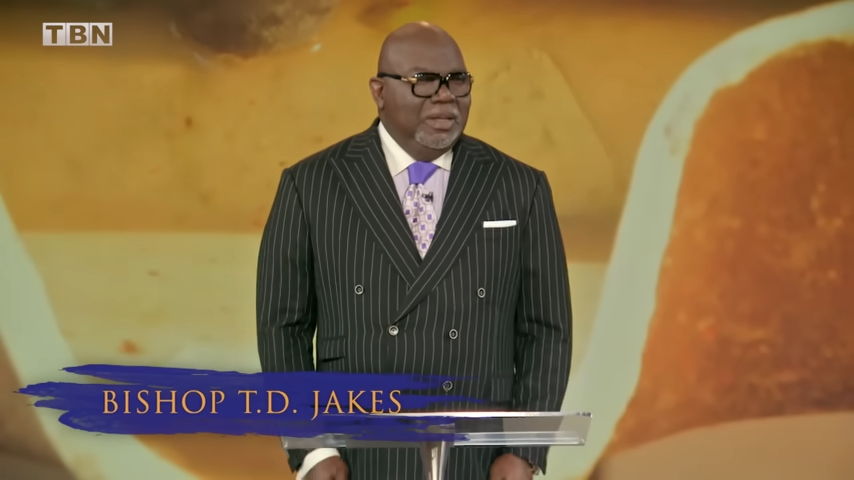Insights
💔 “Under battle you always have to keep your priorities straight, don’t let the seduction of the crowd make you forget about the commitment to the few.”
💔 The pain of potentially losing a child can be overwhelming, and we may desperately seek understanding and reasons for the situation, but sometimes there are no clear answers.
🙏 Trusting God means obeying Him even when we don’t understand His plans or the reasons behind them.
🙏 The paradox of strength and weakness, victory and paralysis, is a universal human experience that requires both truth and trust.
💔 Sometimes, even when we don’t like what we need, God knows what is best for us and will provide for us.
💡 A setback is a set up for a comeback, so instead of indulging in self-pity, embrace challenges as opportunities for growth.
🚢 Paul’s advice to stay in the ship during the storm is a powerful reminder that sometimes we need to endure difficult times in order to survive and overcome.
🙏 “Peter responds, ‘Where shall I go? In your hands are the words of eternal life.'”
Summary
TLDR: Trusting God in times of trouble and embracing suffering and setbacks as opportunities for growth is essential for staying faithful and making the right decisions.
- 📚 Trusting God in times of trouble is important, as suffering and setbacks can be opportunities for a comeback, as shown by biblical figures; the speaker prioritized being with his son over a speaking engagement in Nigeria.
1.1 When facing suffering and setbacks, remember that they are opportunities for a comeback, as exemplified by biblical figures like Jesus, Paul, Joseph, and the woman with the issue of blood.
1.2 The speaker had to cancel a speaking engagement in Nigeria because his son had a heart attack and he prioritized being with his son over preaching to a large crowd.
- 😔 Trusting God in times of trouble means accepting that we may not always understand why things happen and that God may choose to be silent in our moments of questioning.
- 🙏 Trust God in times of trouble, even when there are no answers, and walk by faith.
3.1 Trust God even when there are no answers, as seeking answers during times of suffering can be distracting and unproductive.
3.2 Sometimes in life, we must trust God and walk by faith, even when we don’t understand or have all the answers.
- 🌳 Obedience to God is more important than understanding, and pruning is not punishment but a sign of value and growth.
- 🙏 Trust God in times of trouble, even when scared, because He sees what you cannot and will provide.
5.1 The speaker shares a personal experience of trusting God while preaching despite physical pain and weakness, highlighting the paradox between strength and weakness in the human experience.
5.2 Trust God’s perspective in times of trouble, even when you are scared, because He can see what you cannot and will provide for you.
- 💡 God knows what you need, even when you don’t, as illustrated by the speaker’s experience of going into business with his brother and facing financial difficulties.
- 📚 Suffering and setbacks are universal, so instead of questioning why they happen to us, we should embrace them as opportunities for growth; leaders must make tough decisions to fulfill God’s plan.
7.1 Suffering and setbacks are not exclusive to anyone, as even Jesus, Paul, Joseph, and others faced challenges, so instead of asking “why me,” we should ask “why not me” and use setbacks as opportunities for growth and learning.
7.2 Leaders must have the courage to make tough decisions, even if they are unpopular, because it is necessary and purposeful in fulfilling God’s plan for their lives.
- 💪 Stay committed and trust God in times of trouble, choosing to stay in the process, embrace sorrow, and work together, as there is power in staying faithful and making the right decisions.
8.1 Trouble is temporary, but trauma can last for years; the purpose of the speaker’s book “Crushing” is to help people overcome trauma and not just get out of trouble, as demonstrated by the Apostle Paul’s decision to stay on the ship during a storm.
8.2 In times of trouble, we must choose to stay in the process and submit to pruning rather than jumping ship for comfort, as even Jesus faced the choice of losing followers but remained committed to his purpose.
8.3 In times of trouble, we must choose to stay in the process, embrace the sorrow, trust God, and step out of our comfort zone, as there is more power in staying faithful than in disobedience.
8.4 Stay committed and work together in tough times, as success requires making the right decisions and not giving up.


